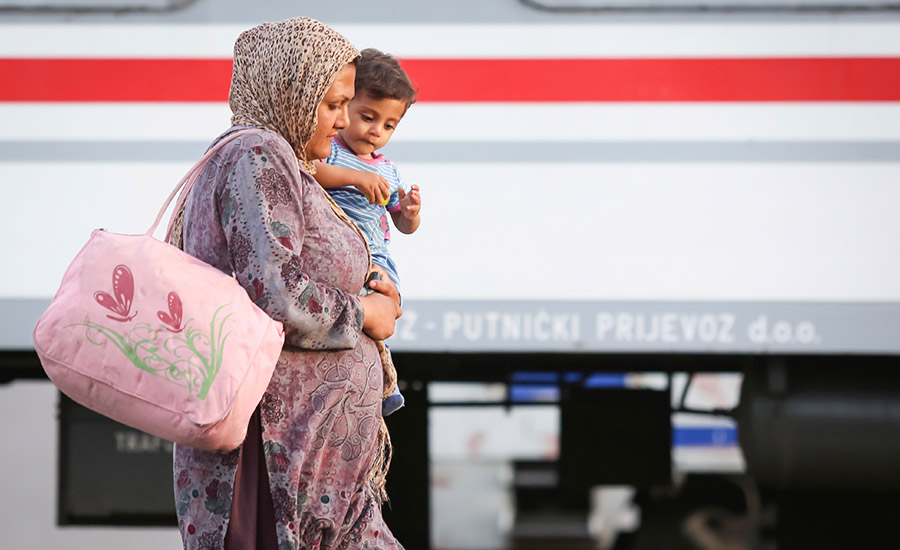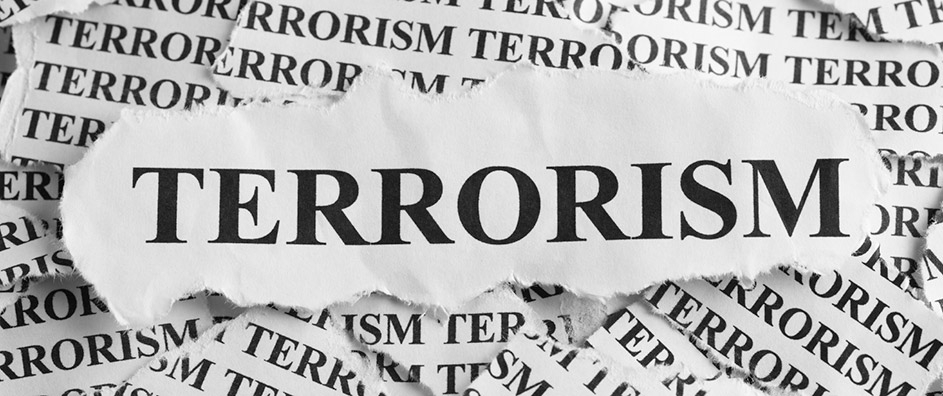The views expressed in our content reflect individual perspectives and do not represent the authoritative views of the Baha'i Faith.
Fear of death makes us devoid both of valour and religion. For want of valour is want of religious faith. – Mahatma Gandhi
He sought his former accustomed fear of death and did not find it. “Where is it? What death?” There was no fear because there was no death. In place of death there was light. – Leo Tolstoy
Your fear of death is but the trembling of the shepherd when he stands before the king whose hand is to be laid upon him in honour. – Khalil Gibran
The conquest of the fear of death is the recovery of life’s joy. One can experience an unconditional affirmation of life only when one has accepted death, not as contrary to life, but as an aspect of life. Life in its becoming is always shedding death, and on the point of death. The conquest of fear yields the courage of life. That is the cardinal initiation of every heroic adventure – fearlessness and achievement. – Joseph Campbell
The chances of being struck by lightning? One in seven hundred thousand.
So you’re roughly three times as likely to get killed by lightning as by a terrorist. The chances are so slim, the risks so infinitesimal, that it’s almost ludicrous to even calculate them.
And yet we all still take off our shoes in airport security lines, don’t we?
Psychologists have concluded that terrorist attacks scare us so much, not just because of the death they cause, but because of its sheer randomness. Death isn’t the real point, they say. We all die. You’re much, much more likely to die on the freeway while driving than you are in a terrorist attack. You could be having fun at a company holiday party, just like the victims in the San Bernardino attack, or rocking out at a concert in Paris, and then, suddenly, someone tries to kill you for no personal reason whatsoever.
That random and completely unpredictable manner of death, apparently, frightens us tremendously.
Terrorists know this, of course. They want people to feel fear, because fear drives people apart. Fear, when it’s widespread in any society, destroys unity. When we’re afraid of others, we seek distance from them, not closeness. Fear breeds distrust. Fear, more than anything, makes us less willing to be human.
ISIL and al-Qaeda and Boko Haram all know that they cannot defeat their enemies militarily, so their terror attacks are designed to produce predictable consequences—a backlash against Muslims. The terrorist leadership understands that their greatest threat is assimilation, the peaceful integration of Muslims into wider, more accepting and more diverse cultures. If Muslims become westernized, comfortable with and close to their Christian and Jewish and Baha’i neighbors, then the chances for a purely Islamic society governed by harsh 7th Century rules diminish and disappear.
One study of this phenomena, by Eric Gould and Esteban Klor of the Hebrew University of Jerusalem, determined that Muslim immigrants who experienced Islamophobic hate crimes in America actually tended to increasingly withdraw from the larger society—which they had previously tried to integrate themselves into. Unsurprisingly, this meant immigrant and even native-born Muslims increasingly kept to themselves, were more likely to marry within their Faith and less likely to marry non-Muslims, and began to speak less English and identify more with the old cultural practices of their homeland, instead of following those of their newly-adopted country.

Croatia 2015 (A Syrian woman with a child walking on the railway after arriving from Serbia)
Do you see the pattern? A terrorist attack occurs; a backlash toward Muslims happens; anti-Muslim hate crimes follow; the gulf between cultures widens; which in turn leads to more radicalization and more terrorism. A vicious cycle repeats itself, and over time, becomes even more vicious. These attackers mean to drive us apart—frustrating the efforts of all good people who want to build a more accepting, heterogeneous, unified society—and create more polarization, suspicion and xenophobia.
This has now become official terrorist policy. The so-called Islamic State (it is neither) has publicly proclaimed that they want to destroy “the grey zone,” all those places where Muslims live peacefully and happily integrated into Western democracies. The long-term goals of terrorists, then, involve separating us, making us suspicious of one another, and causing hatred to grow. If Westerners learn to fear and hate Muslims, the terrorists accomplish those goals.
So when Western political or thought leaders pander to people’s fears by “clamping down” on immigration, threatening to issue identity cards, barring Muslim refugees and closing mosques, that kind of divisionary and dis-unifying rhetoric simply supports the message, the tactics and the aims of the Islamist terrorists. They want us to feel polarized, fearful and hateful—and we obligingly comply.
Only one thing truly frightens and defeats the terrorists and fanatics—a peaceful, multicultural, belief-diverse society where unity, friendship and kind mutuality thrive:
Reflect ye as to other than human forms of life and be ye admonished thereby: those clouds that drift apart cannot produce the bounty of the rain, and are soon lost; a flock of sheep, once scattered, falleth prey to the wolf, and birds that fly alone will be caught fast in the claws of the hawk. What greater demonstration could there be that unity leadeth to flourishing life, while dissension and withdrawing from the others, will lead only to misery; for these are the sure ways to bitter disappointment and ruin. – Abdu’l-Baha, Selections from the Writings of Abdu’l-Baha, p. 277.
So if you want to do everything you can to fight terrorism? Be fearless, and make some friends in an immigrant community nearby. Reach out the hand of love and kindness. Go to a mosque and meet some new friends. Forget the barriers, borders and boundaries that might exist between you and others, and build a more unified society, by focusing on the things you have in common—as people who love and worship the same God.
When you do that, I guarantee, you’ll make some of the best friends you’ll ever have. As a side benefit, I think you may find any fear of death diminishing and disappearing. Only love can drive out fear.
Next: Decrease Fear, Increase Courage
















Comments
Sign in or create an account
Continue with Googleor